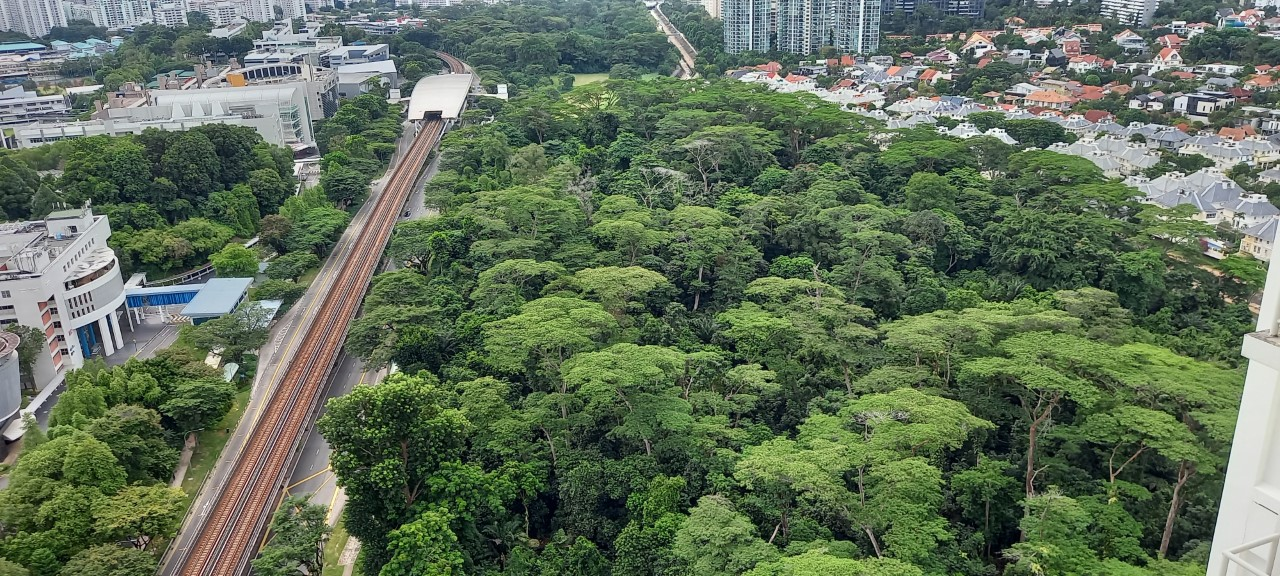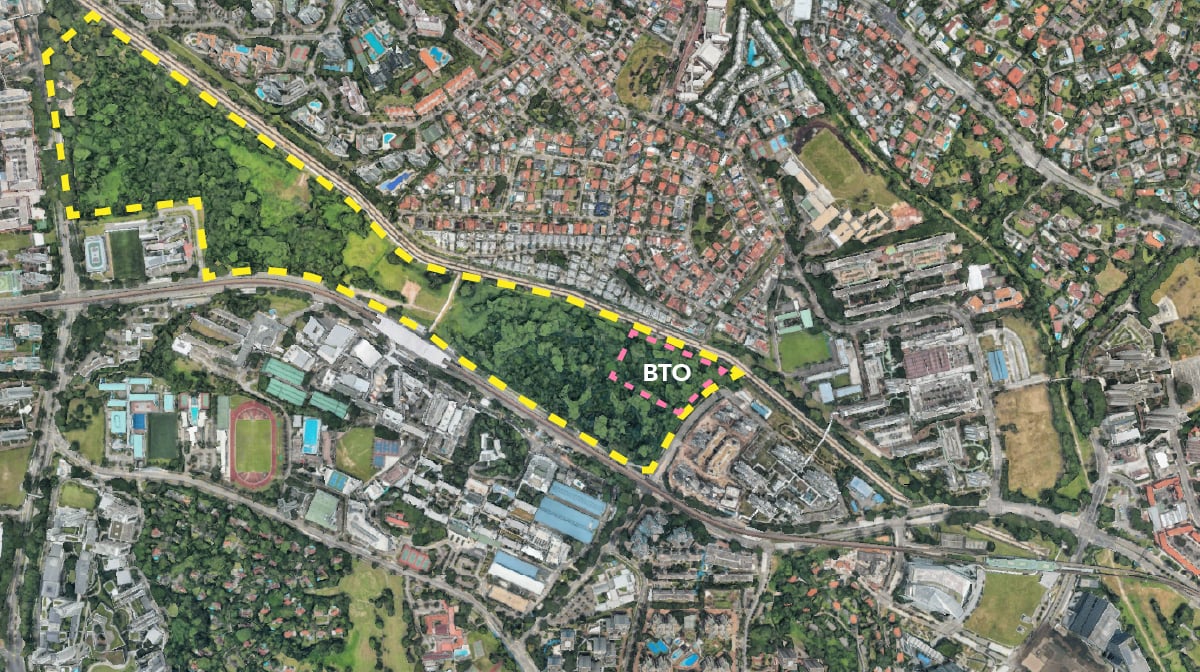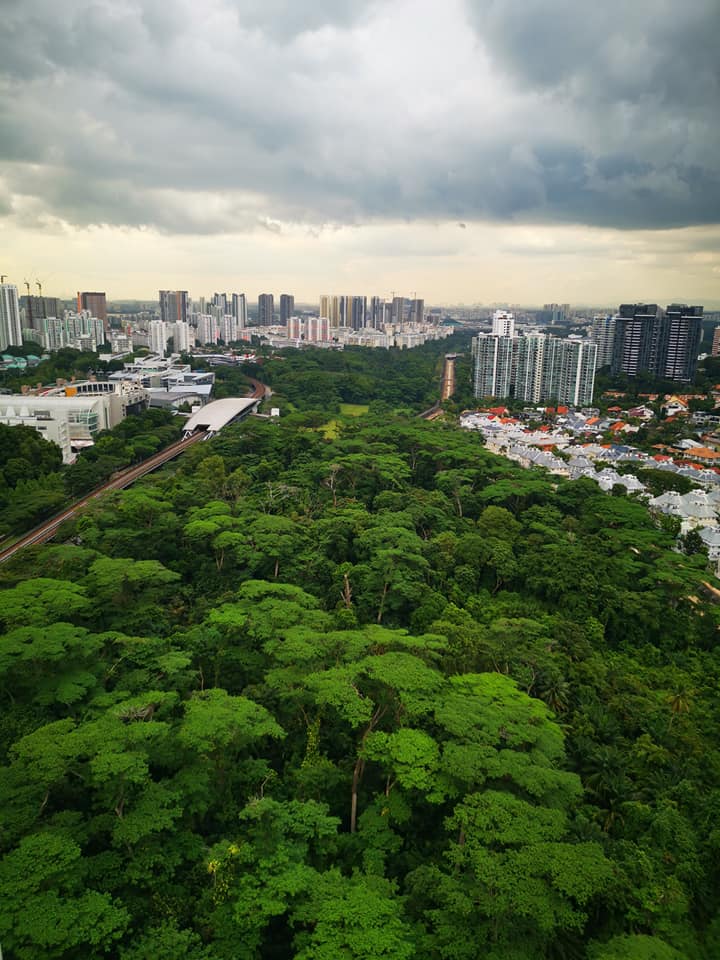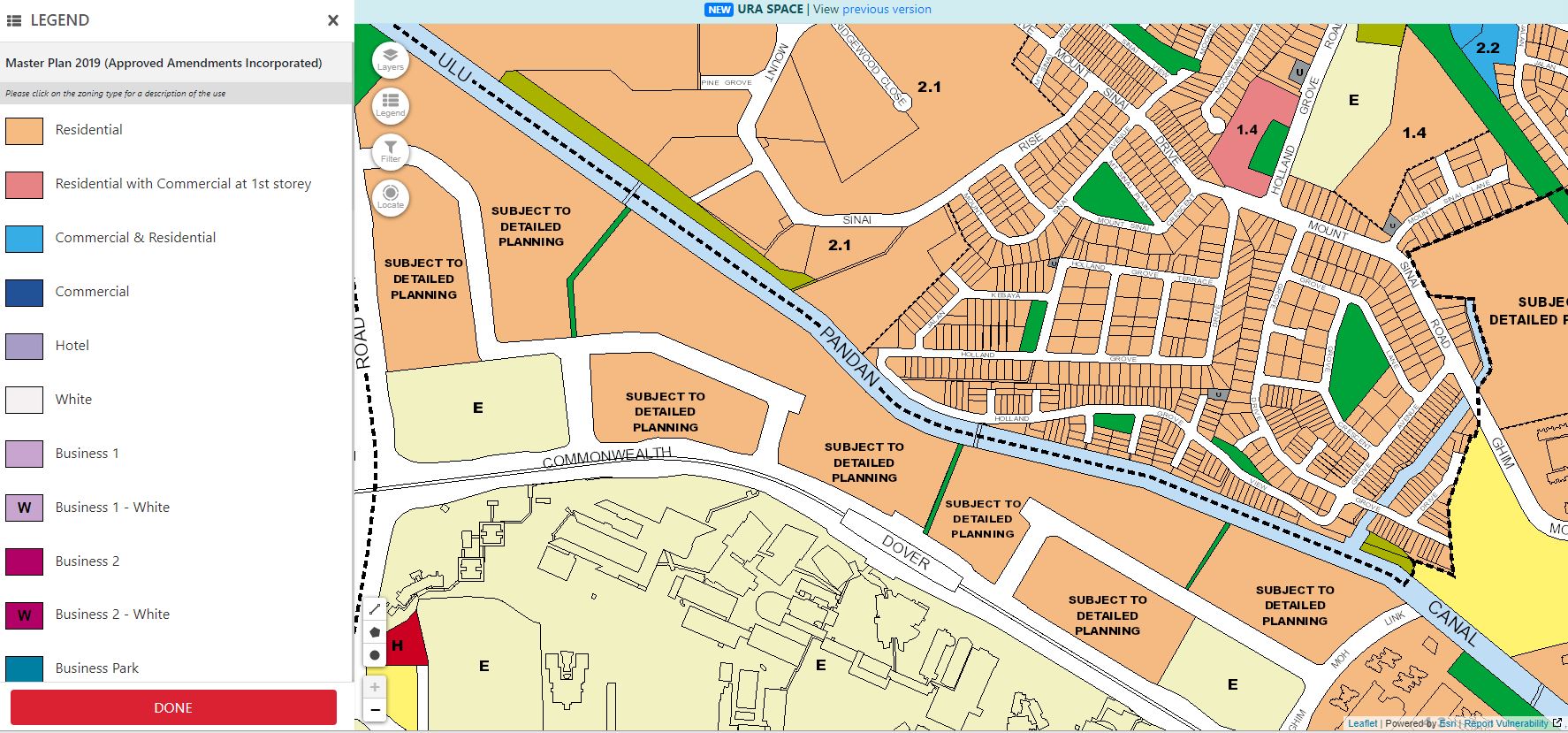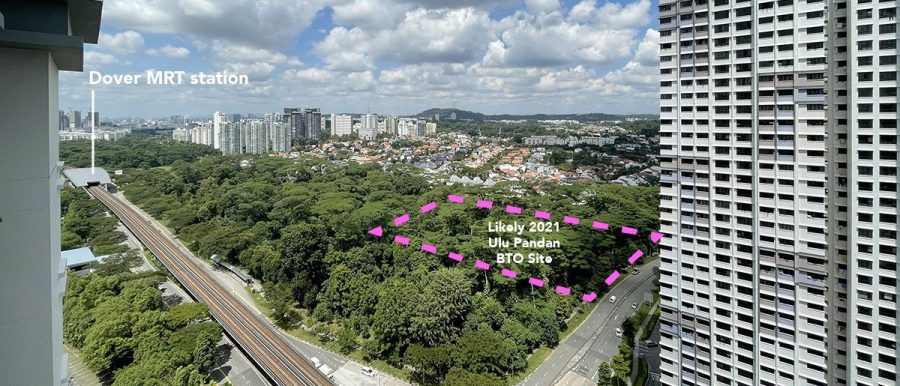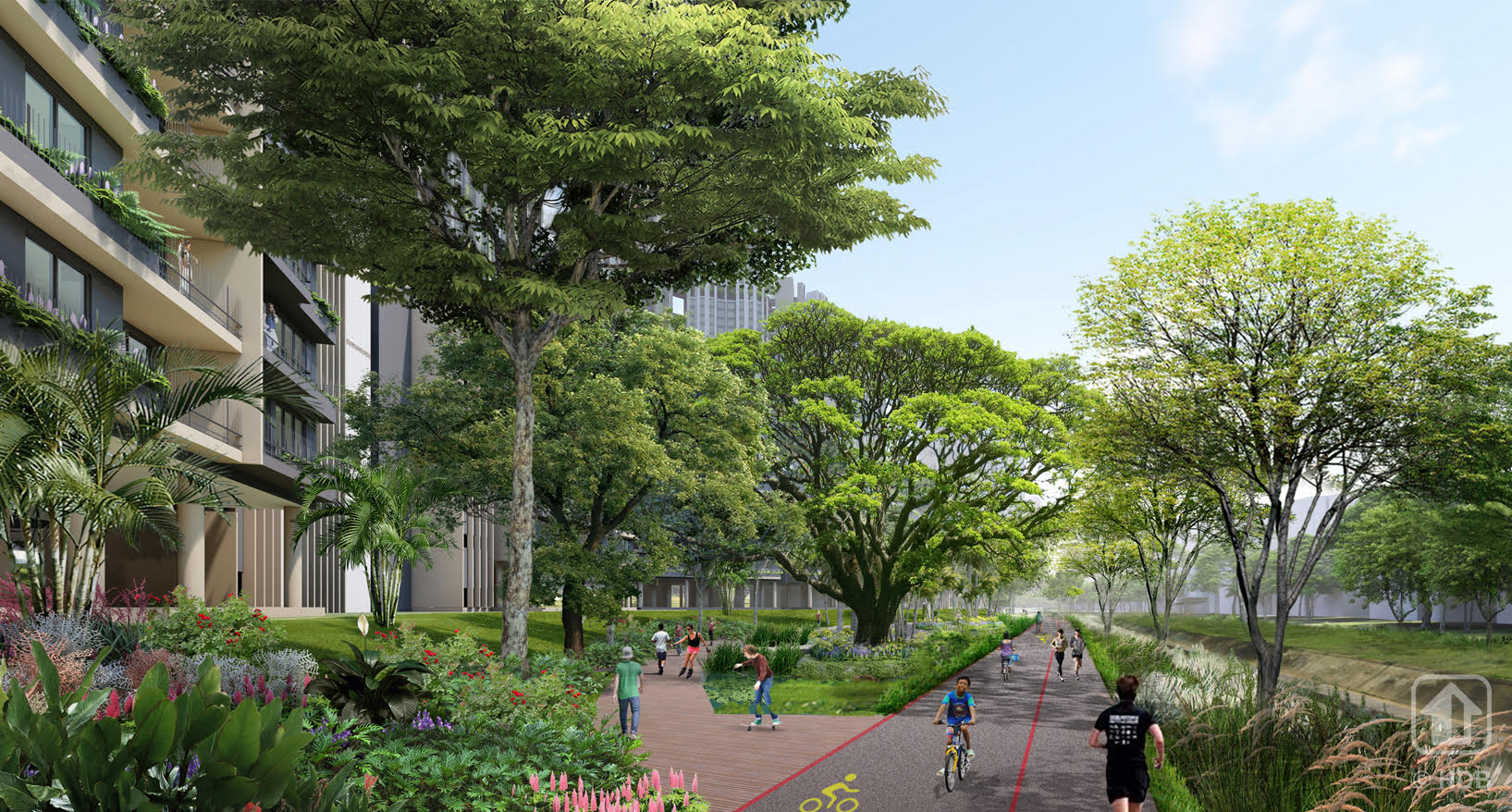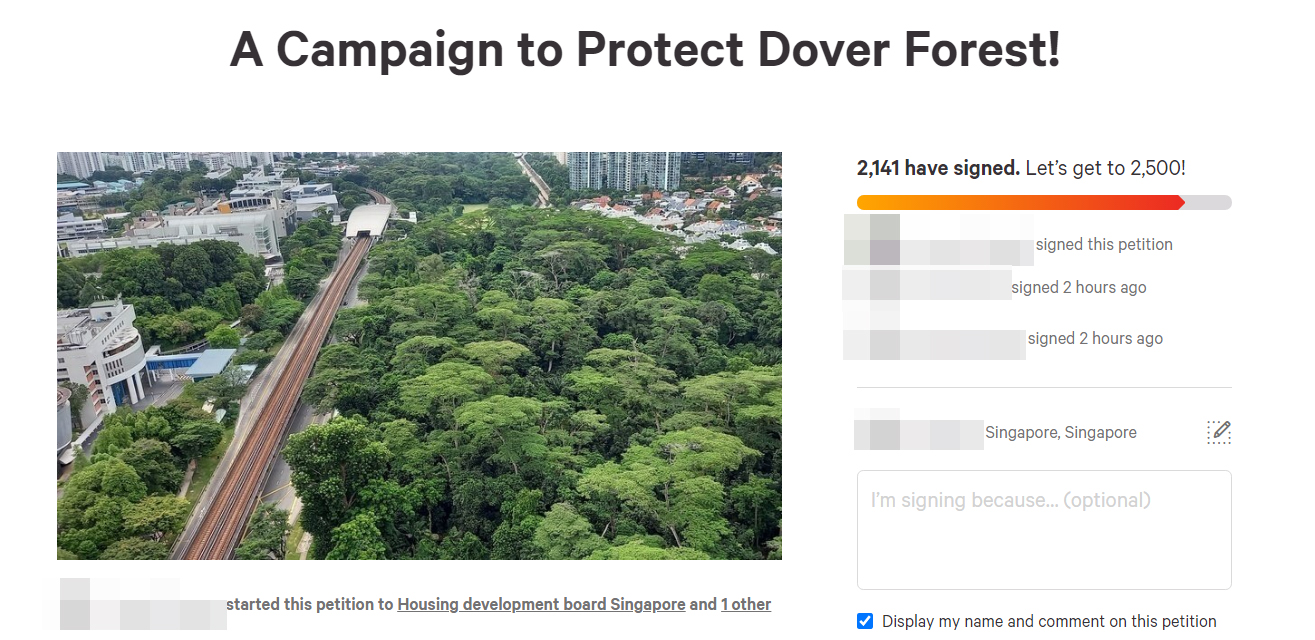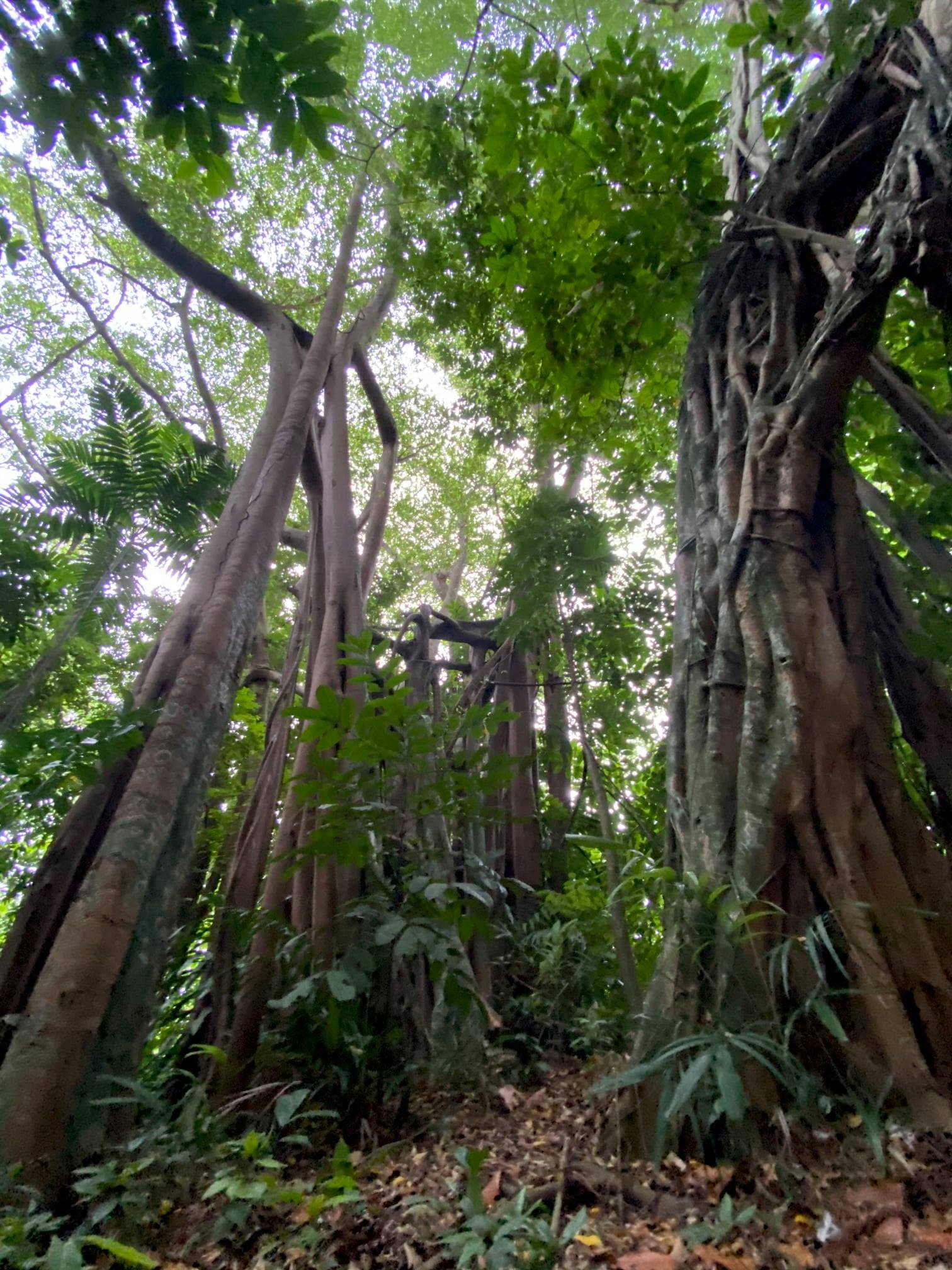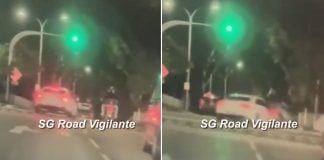Dover Forest Zoned For Residential Purposes On URA Master Plan
Those who frequently board the East-West Line past Dover Station would be familiar with the large piece of untouched forest opposite Singapore Polytechnic.
Well, the plot of land might look drastically different in the very near future.
Reportedly zoned for residential purposes since 2003, Dover Forest is likely to make way for new BTO projects soon.
Since then, one concerned environmentalist has started a petition urging the authorities to reconsider their decision and transform the forest into a nature park instead.
33-hectare Dover Forest zoned for residential purposes
Measuring 33 hectares, the plot of forest next to Dover MRT may make way for BTO projects in the near future.
Dover Forest is sandwiched between Clementi Road in the west, Ghim Moh Link on the east, and Commonwealth Avenue West from the south.
Looking at Urban Redevelopment Authority’s (URA) Master Plan, the entire plot of forest has been coloured orange, indicating that it is zoned for residential purposes.
The area is also reportedly “subject to detailed planning”.
Property site 99.co, however, states that the untouched forest will likely be the site of construction for the upcoming Ulu Pandan BTO.
The Ulu Pandan BTO project is due to launch this year, throughout which 17,000 new flats will be on offer in both mature and non-mature estates.
Netizen starts petition appealing for conservation of the forest
In light of the imminent clearing, environmentalist Mr Cheong started a petition asking HDB to reconsider their decision to develop Dover Forest.
“A Campaign to Protect Dover Forest!” has garnered over 2,000 signatures at the time of writing.
Mr Cheong wrote that the development would result in a loss of “natural heritage and biodiversity”. As such, he hopes for the forest’s conservation by turning it into a nature park.
In the petition, he shared that the forest is home to 158 species of animals. Among them, 18 plant and animal species are endangered.
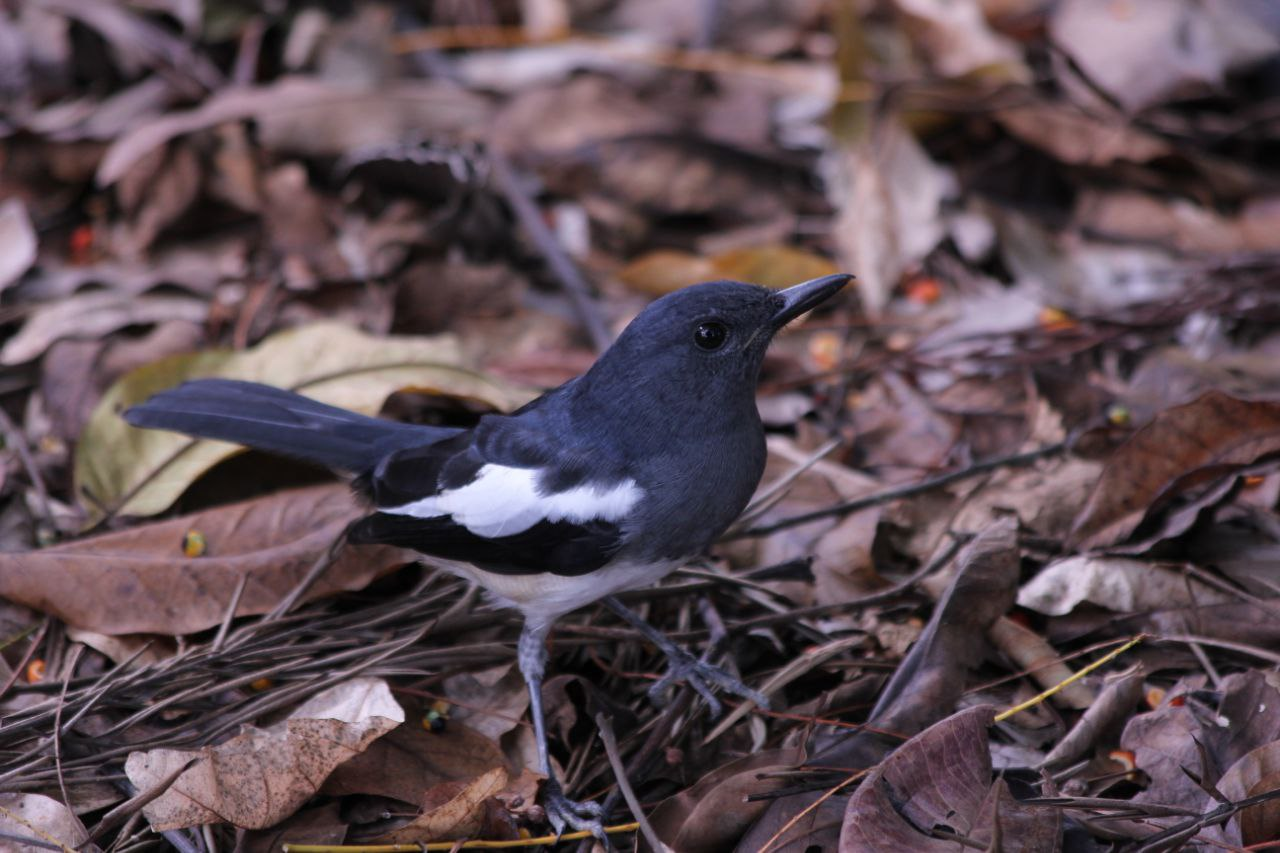 Oriental Magpie-Robin — an endangered species seen in Dover Forest
Oriental Magpie-Robin — an endangered species seen in Dover Forest
Source
Though he isn’t against economical and infrastructural development, Mr Cheong expressed that this shouldn’t happen at the expense of the few natural spots Singapore has left.
Previously a rubber plantation from the 1920s to 1940s, the forest was reportedly abandoned during the Second World War.
An NUS report states that cultivation of sundry trees later occurred in the 1950s, before all activities ceased after the 1960s.
Striking a balance between change & preservation
The clearing of Dover Forest may understandably raise concerns among environmentalists.
However, we’re confident that the authorities will find a balance between conserving nature and meeting the needs of a growing population.
What are your thoughts on the issue? Share your thoughts in the comments below.
Have news you must share? Get in touch with us via email at hello@mustsharenews.com.
Featured image adapted from BES Drongos.

